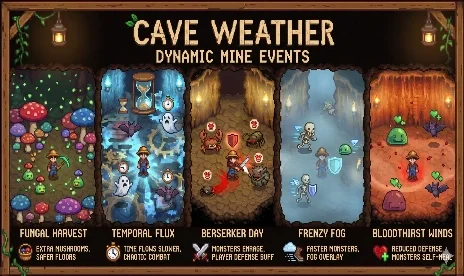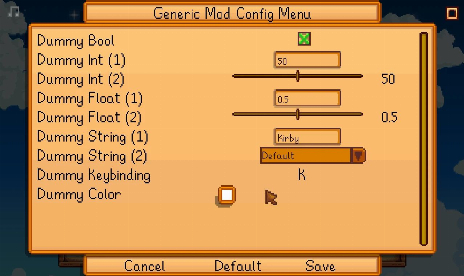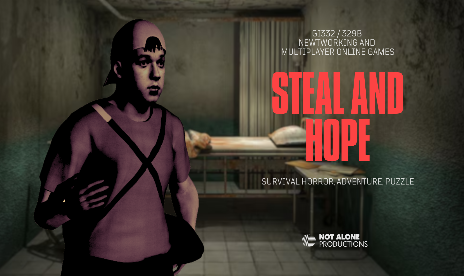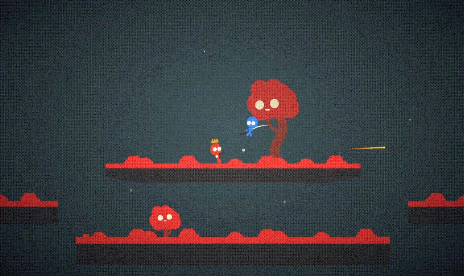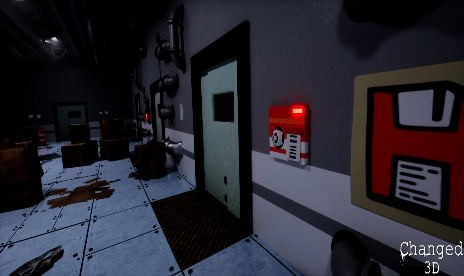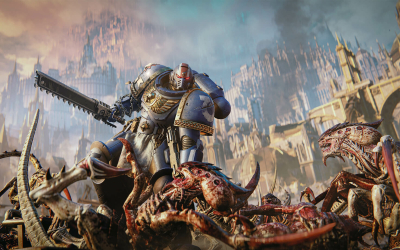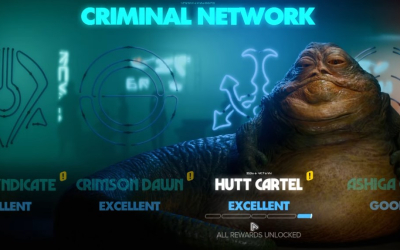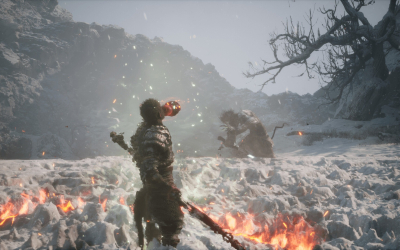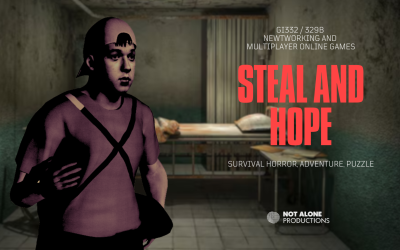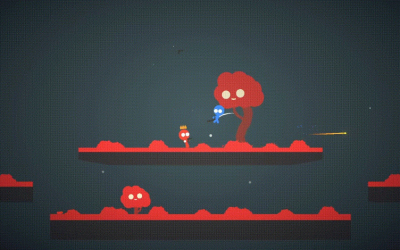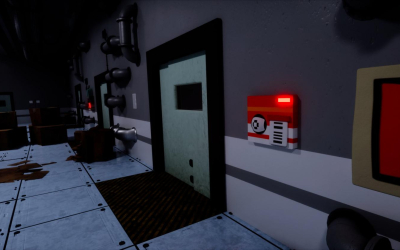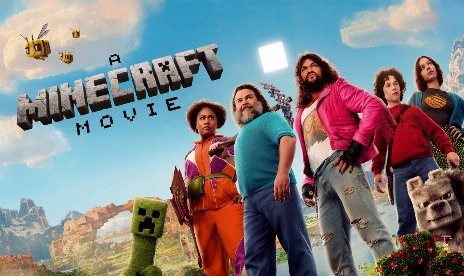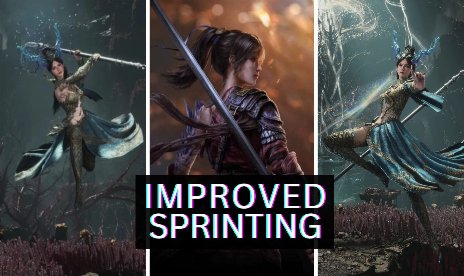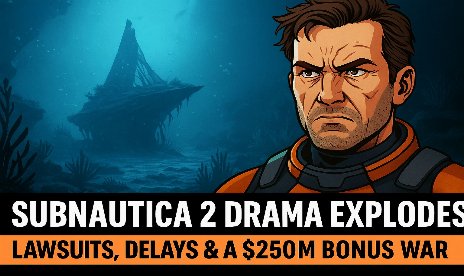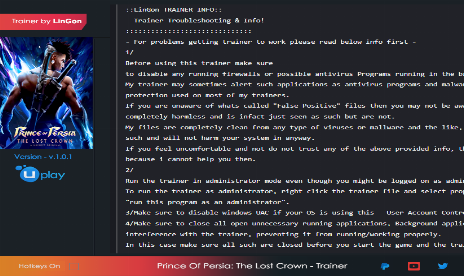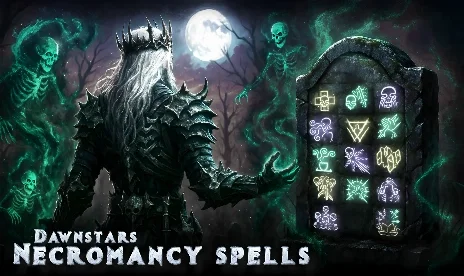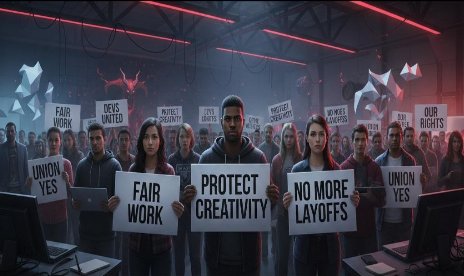Is AAA game development a sustainable business model?
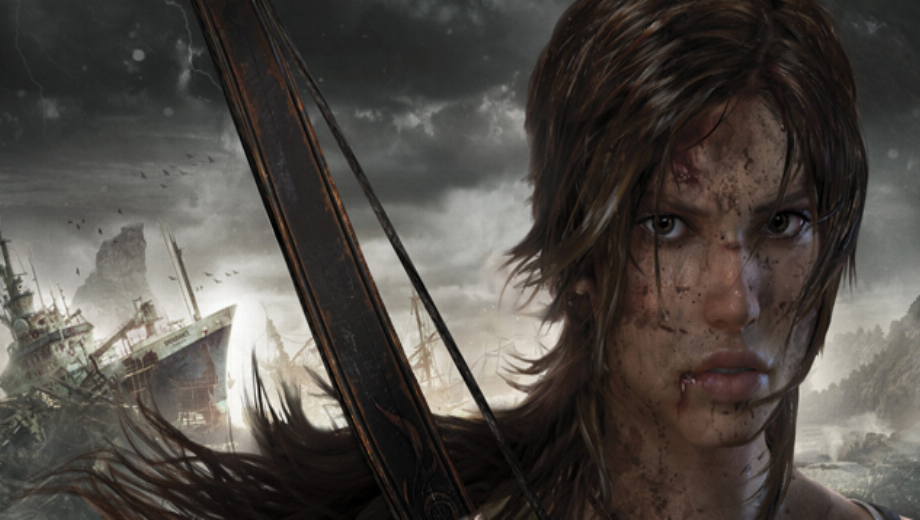
We’re a third of the way through 2013 already – can you believe it? – and already we’ve seen some huge console and PC game releases. Whether you’re talking Bioshock Infinite, Gears of War: Judgement or the Tomb Raider reboot, millions and millions of copies of big, expensive to develop AAA games have been sold. But despite this, targets are being missed and development money isn’t quite being scraped back, even with good reviews and good sales.
Tomb Raider is a great example of this, as despite selling 3.4 million copies in its first week of release, garnering a slew of surprisingly – considering previous entries in the series – good reviews and praise from the gaming community as a whole for the new gritty reboot, publisher Square Enix recently announced that the game missed its sales targets.
To put it into context, Bioshock Infinite didn’t sell as many copies as Tomb Raider did, but Lara still didn’t move enough units. This comes at a bad time for Square as well, as it’s just announced big profit drops due to expensive internal restructuring – and no doubt game development.
This begs the question, is AAA game development really that sustainable in 2013?
Well it must be in some senses, because if you look at any top sellers chart for the PC and Xbox, Elder Scrolls V: Skyrim can still be found on it – albeit at the lower end – despite being well over a year old. It also sold over seven million copies in its first week of sales, half of those on launch day.
So it’s not a case that big games like Tomb Raider can’t sell units, it’s just that the ones that are able to get into the crazy figures are perhaps ones with hardcore fans that are ready to jump aboard, as well as all the new buyers. This would certainly explain why games like Fifa and Call of Duty do well, year on year, despite not changing up the formula.
But of course Tomb Raider isn’t the only AAA game that’s struggled to make its money back recently. God of War sales are down on its previous version, likewise with Gears of War: Judgement, which sold 400% less copies than Gears of War 3.
Perhaps what’s happening, is that like summer movie blockbusters, not everyone is seeing everything any more. Everyone saw Avatar when it was released, but you don’t see the same kinds of numbers for other big budget movies. Perhaps there’s only so many AAA gaming experiences people are interested in having each year?
This is what’s being suggested by the head of Ubisoft Toronto, Jade Raymond who believes that the maximum number of AAA games that can be successful in one calendar year is 10.
However, she mentions payment models as part of it, saying that those 10 should be able to survive on the standard, “pay everything up front,” payment model. Others, would need to look elsewhere.
Perhaps she has a point too, when games like League of Legends are the most played in the world and free to play and social games drum up way more numbers than any AAA experience could hope to achieve, perhaps the gaming industry just isn’t capable of sustaining blockbuster games like it used to. Or maybe there’s just too many companies trying to cash in on the idea of a super game.
With a free to play game, you have a business model that immediately attracts more customers and as long as you keep the micro-transactions aesthetic and not something that will break the game, you have a far better chance of being moderately successful than putting all your eggs in one basket. Just look at Sim City. That launch was a complete mess and it cost EA and Maxis huge numbers of buyers and therefore cash returns on their investment.
Just as the way we consume movies and music through services like Netflix and Spotify are changing, the games industry is also evolving. Through the growth in indie games – just look at the awards list of any recent games show, its all indie – the giant markets of social networking gamers and the way competitive gaming is growing into a true phenomenon video games, the industry is changing and developers need to take note.
Some are however, with 2K games publication of Bioshock Infinite, it not only did a giant marketing campaign for a game that has been in development for many years, but it also hedged its bets by making money elsewhere. 2K has given away hundreds and hundreds of copies of the game with graphics cards from AMD and with website promotions with certain companies. No doubt it made a little kickback from AMD there and it increased exposure for the title. Tomb Raider’s publisher did the same, but perhaps with less effect.
Here’s a good test to see how sustainable the AAA industry is. How many big budget games have you guys bought in the last year? For me, it’s maybe one or two, that’s it.
What about the rest of you?




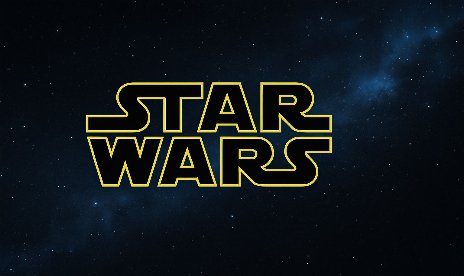
![The Riftbreaker v1.0-v20251022+ (+19 Trainer) [FLiNG]](https://megagames.com/wp-content/uploads/2025/09/The-Riftbreaker-01-464x276.jpg)

![The Last of Us Part II v1.6.10721.0105 (+12 Trainer) [Baracuda]](https://megagames.com/wp-content/uploads/2025/12/The-Last-of-Us-Part-II-01-464x276.jpg)
